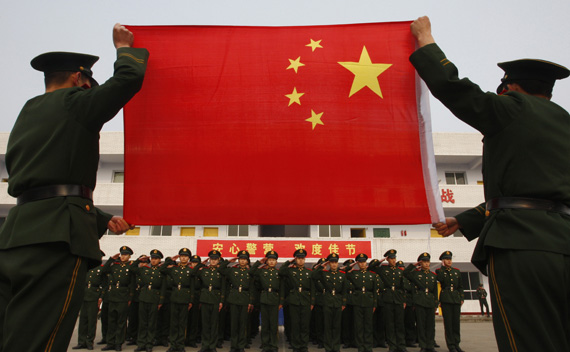Behind China’s Changing Approach to Foreign Policy
More on:

Over the past two years, countries in Southeast Asia – and in some other parts of the world – increasingly have noticed sharp changes in Chinese foreign policy. These have been most evident regarding disputes over the South China Sea, contested territories with Japan, and other hot spots, but a new, more aggressive foreign policy is noticeable even in some of the most minor bilateral issues with China. Yet often China’s new, more proactive foreign policy actually seems to be backfiring, costing Beijing many of the gains it made in winning Asian nations’ trust during the late 1990s and early 2000s.
In the new issue of The New Republic, I have an article (subscription required) looking at the reasons why China has begun to adopt a more aggressive foreign policy – and the ramifications of this change.
More on:
 Online Store
Online Store